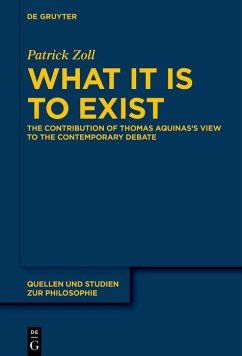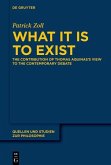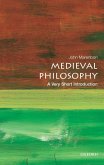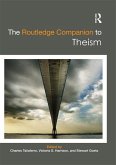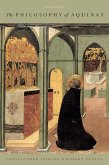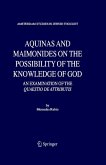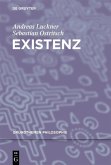Gründungsherausgeber sind: Erhard Scheibe (Herausgeber bis 1991), Günther Patzig (bis 1999) und Wolfgang Wieland (bis 2003). Von 1990 bis 2007 wurde die Reihe von Jürgen Mittelstraß, von 2005 bis 2020 von Jens Halfwassen mitherausgegeben.
Patrick Zoll, Munich School of Philosophy, Munich.
Dieser Download kann aus rechtlichen Gründen nur mit Rechnungsadresse in A, B, BG, CY, CZ, D, DK, EW, E, FIN, F, GR, HR, H, IRL, I, LT, L, LR, M, NL, PL, P, R, S, SLO, SK ausgeliefert werden.
Eleonore Stump, Robert J. Henle Professor of Philosophy, Saint Louis University
"The philosophical question of existence, or of what it is for things to exist, is nearly as old as the discipline of philosophy itself. However, the topic is addressed in new and intellectually rigorous ways in recent analytic philosophy. This excellent book argues convincingly that in this contemporary context, Aquinas' treatment of existence is of surprising relevance, decisive importance, and conceptual acuity. Aquinas rightly sees that existence cannot be either a nature (since existence is common to all natures) or a mere property. What it is, then, for things to exist? In a way that is at once clear and accessible as well as thorough and reasonable, Patrick Zoll explores this question in such a way as to cast great light on a contemporary debate, based on wisdom of the past, and a remarkable renewal of understanding of Aquinas for today."
Fr. Thomas Joseph White, OP, Rector of the Pontifical University of St. Thomas (Angelicum), Rome
"Zoll provides a valuable, independent, and innovative research contribution to metaphysics. He asks the question - "what is it for that which exists to exist, i.e., what does the existence of an object consist in?" He canvassesfive contemporary views and compares them to a Thomistic view, finding, in the end, that the ontological scorecard favors Thomism. Analytic metaphysicians and students of scholastic philosophy both have a great deal to learn from this important book."
Timothy J. Pawl, Professor of Philosophy, University of St. Thomas

